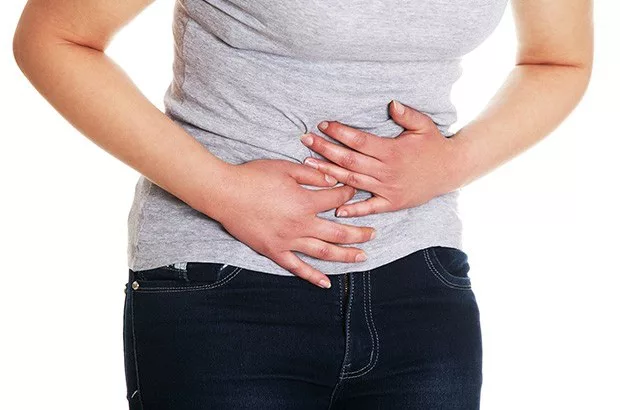Diet sheet for gall bladder stones
February 23, 2017
Diet sheet for gallbladder stones
Gallstones may not cause any symptoms usually but are responsible for pain, jaundice and gallbladder inflammation if cause obstruction to bile flow. A routine procedure for treating gallstone surgery.
What is the gallbladder?
The gallbladder is the small organ that is present in the liver. This organ is the storehouse of bile juices. Mostly gallstones occur when the bile forms stones inside the gallbladder. The incidence of the presence of gallbladder stones ranges within one amongst three women and one amongst six men. Reference for statistics? They become more common as the age increases. If the gallbladder is removed after surgery, the liver still continues to produce bile pigments that are necessary for normal digestion.
Role of gallbladder indigestion
It plays an essential role in the digestion of food. It stores and releases bile into the small intestine when food enters and helps in the digestion process by breaking the fats present in the food with the aid of bile. The bile duct can become congested by gallstones and make it tough for bile to be released. This may cause pain, bloating, and vomiting.
Risk of forming gallstones
The risk of having gallstones increases in:
- Pregnancy
- Obesity
- Diabetes
- Rapid weight loss
- Age 60 or older
- Overweight or obese
- Eating a high-fat diet
- Eating a high-cholesterol diet
- Eating a low-fiber diet
- Having a family history of gallstones
- Taking some cholesterol-lowering medications
- Taking medications that contain estrogen, such as hormone therapy drugs
Dietary adjustments for gallbladder stones
There is no specific diet as such to treat gallbladder gallstones. Having a healthy balanced diet can help to reduce the symptoms of the condition. Let us study these dietary adjustments:
Fat:
Monounsaturated fats, found in olive oil and canola oil, and omega-3 fatty acids, found in avocados, canola, flaxseed, and fish oil, may lower the risk of developing gallstones. Fish oil may be especially beneficial to people with high levels of triglycerides, as it helps the gallbladder empty. But stay away from saturated fats found in fatty meats, butter, and other animal products, as these fats can increase your likelihood of gallstones and high cholesterol, among other health risks. If you do eat animal products, choose low-fat alternatives — lean chicken instead of red meat, skim milk and low-fat yogurt instead of whole milk.
Fiber:
Found in whole-grain bread, cereals, and vegetables, fibre in your diet can help you lose weight and may prevent gallstones.
Fruits and veggies:
Consuming lots of fruits and vegetables may prevent gallstones.
Nuts:
Peanuts and tree nuts, such as almonds and walnuts, may prevent gallstones.
Sugar:
Too much sugar in your diet may cause gallstones, so stay away from sweets, and choose low-sugar food alternatives when possible.
Carbohydrates:
Because carbohydrates are converted into sugar in the body, diets filled with pasta, white bread, and other carbohydrate-rich foods may increase your risk of gallstones.
Alcohol and coffee. Studies suggest that moderate consumption of alcohol and coffee may actually prevent gallstones.
Related Post: Gallstones can cause complications during pregnancy?
NOTICE BOARD
CONTACT US
CONTACT US
 Book Appointment
Book Appointment


.svg)
.svg)
.svg)
.svg)








